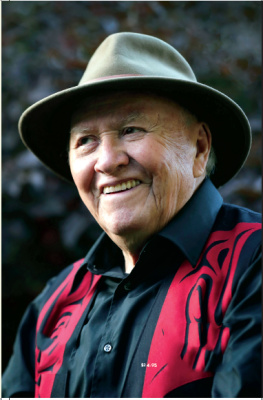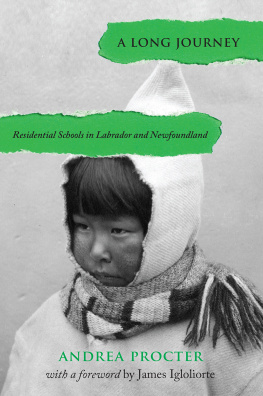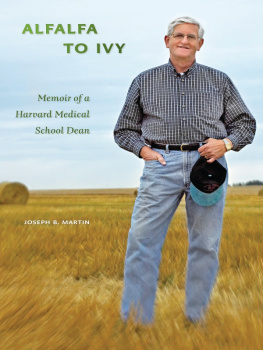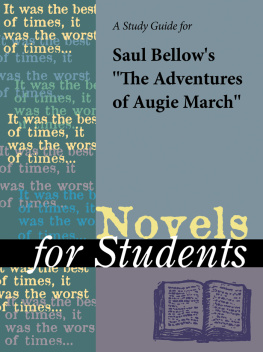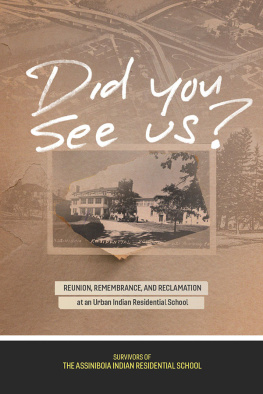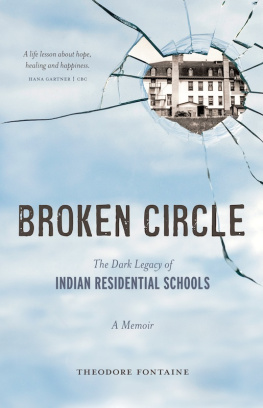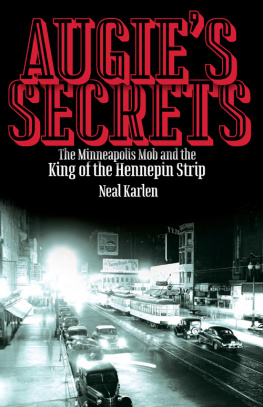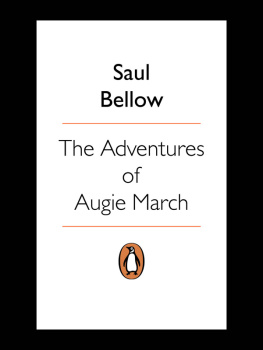New Edition
THE EDUCATION
OF AUGIE MERASTY
a residential school memoir

Joseph Auguste Merasty
with David Carpenter

2017 Joseph Auguste Merasty and David Carpenter
All rights reserved. No part of this work covered by the copyrights hereon may be reproduced or used in any form or by any meansgraphic, electronic, or mechanicalwithout the prior written permission of the publisher. Any request for photocopying, recording, taping or placement in information storage and retrieval systems of any sort shall be directed in writing to Access Copyright.
Printed and bound in Canada at Marquis .
Library and Archives Canada Cataloguing in Publication
Merasty, Joseph Auguste, author
The education of Augie Merasty : a residential school memoir /
Joseph Auguste Merasty with David Carpenter. New edition.
(The Regina collection)
Issued in print and electronic formats.
ISBN 978-0-88977-457-5 (hardcover). ISBN 978-0-88977-468-1 ( PDF ).
ISBN 978-0-88977-469-8 ( HTML )
1. Merasty, Joseph AugusteChildhood and youth. 2. Cree Indians
Biography. 3. Native studentsCanadaBiography. 4. Indians of North
AmericaCanadaResidential schools. 5. Cree IndiansEducationCanada.
I. Carpenter, David, 1941-, author II. Title. III. Title: Augie Merasty.
IV. Series: Regina collection
E96.5.M47 2017 371.829'97071 C2016-907620-2 C2016-907621-0

Saskatchewan, Canada, S4S 0A2
tel: (306) 585-4758 fax: (306) 585-4699
web: www.uofrpress.ca
0 9 8 7 6 5 4 3 2 1
We acknowledge the support of the Canada Council for the Arts for our publishing program. We acknowledge the financial support of the Government of Canada. / Nous reconnaissons lappui financier du gouvernement du Canada. This publication was made possible through Creative Saskatchewans Creative Industries Production Grant Program.



Contents
A Note on the Text
This is a book of nonfiction, an attempt by a man and his editor to expose an injustice that happened more than seven decades ago. I have changed some of the names of people and places in Augies account to protect the identities of individuals and their families. I have not changed the name of Joseph Auguste Merasty. The names of our countrys heroes and martyrs should be proclaimed. D.C.
Augie and Me:
An Introduction
In the spring of 2001, I received a phone call from the Department of English at the University of Saskatchewan, where I had been a professor before becoming a full-time writer. One of the women in the office had received a letter, addressed to the dean of the University of Saskatchewan, from an old fellow up north requesting some help with his memoir. The man was a retired Cree trapper in his early seventies who lived in the bush. He wanted a co-writer to come up to his cabin, tape his stories, and write them down for publication. Particularly, he asked the dean to recommend someone who had a good command of the English language, someone who might also have an outdoorish streak. Were this scribe to agree to help him write his book, he would enjoy the finest fishing in all of Saskatchewan. The man was building his cabin right at the junction of two beautiful rivers that join together.
Luckily, the letter found its way to the English department. Dear Sir, it began, I really dont know where to begin or how to ask someone of your high position this rather odd request, and coming from a retired fisherman and trapper and Jack of all trades I might add. The man had already finished writing down his stories of the horrors that he and his schoolmates had been subjected to at that terrible place known as St. Therese Residential School in the community of Sturgeon Landing. I had never heard of the school, which he described as about forty miles south of Flin Flon and about the same distance north of The Pas. These two coordinates are at the western edge of northern Manitoba, near the Saskatchewan border, but the school and the community of Sturgeon Landing are on the other side of the border, in Saskatchewan. Back in the early 1970s, a year or two before I got my job as an English professor, I completed a weekend workshop in The Pas, and memories of time spent in that community still trouble me. When I was there, The Pas was a town divided hatefully between white and Native peoples.
The old trapper correspondent described his superiors at the residential school, the priests, brothers and nuns, as primarily white and French Canadian. The stories he had written down and sent off were for the law group representing us across Canada. He was referring to the Working Group on Truth and Reconciliation and of the Exploratory Dialogues (19981999), which constituted the first stage of the Truth and Reconciliation Commission. The working group sought written testimonies from former victims of the residential school system, which came into being in Canada around 1870 and lasted for more than a century in many parts of the country. Joseph Auguste (Augie) Merasty attended St. Therese Residential School from 1935 to 1944 at a time when there was no law up there to prevent the many atrocities committed by the childrens superiors.
Merasty had already written his story down for the purposes of the inquiry. So, at the time, I wondered why he needed someone to drive way up north to tape them. I suspected then, as I do now, that the legal firm representing Merasty had some hesitation about releasing his account while it was still before the inquiry and on its way to the courts.
Sorry, Merasty continued in his letter, I am getting carried away here, I will state my reasons for asking the request to you, Mr. Professor, and Dean of University. I want to very humbly ask you sir to ask someone in your class, someone who has a good command of the English language, to help me write a book I fully intend to write beginning about the first week in August 2001. First, Merasty suggested that he had to finish work on his cabin and tie up a few loose ends. The cabin was to be finished by the end of June 2001. He wanted his co-writer to stay for two weeks in the cabin while recording his stories. They could discuss the payment later. They would talk and they would fish for northern pike up to twenty-five pounds, [for] whites and pickerel, and many more.
He concluded, We be having a great time for sure.
Merasty made the point in this first of many letters that he would not only tell his story but also those of many others. He would tell of things that happened from 1927, eight years before [he] entered. His older sisters, aunties, uncles and others told [him] things that happened in their time. He came to believe their stories because the same things happened in the time [he] was there. By telling the stories of others and connecting them to his own experiences, Merasty broadened his range of inquiry, and in other, subtler ways, he broadened the implications of his sometimes horrific story, a story in which our entire nation is darkly and obscurely complicit.
Next page

